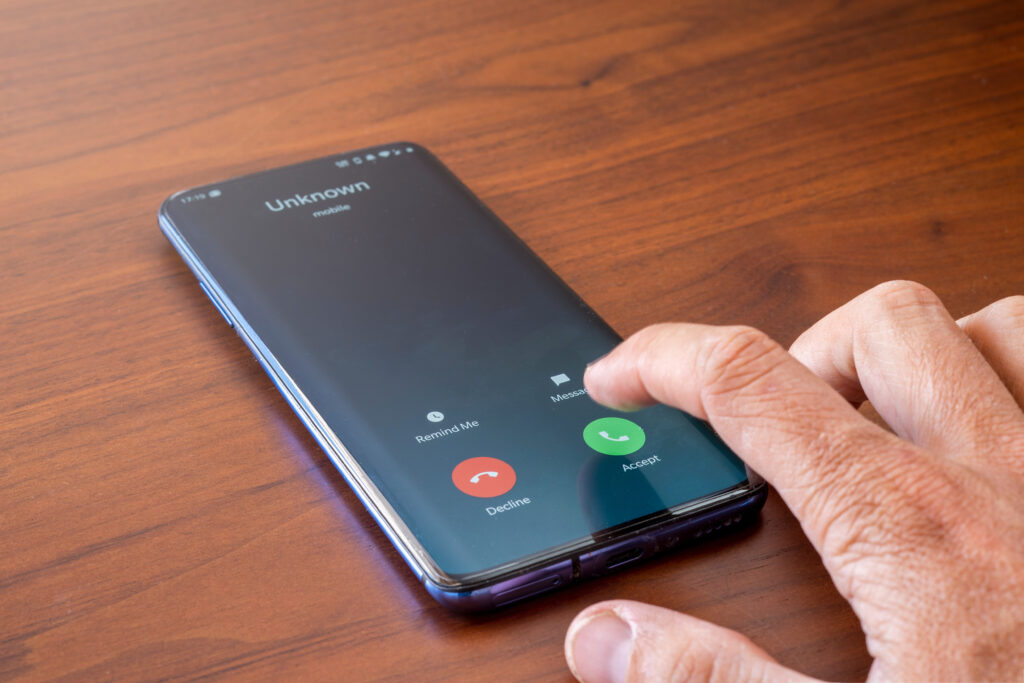
Protecting against financial exploitation in Alzheimer’s disease requires a proactive approach that involves identifying potential risks and taking steps to prevent them. Here are some strategies to protect against financial exploitation:
- Educate yourself: Learn about common financial scams and how they target vulnerable populations, including those with Alzheimer’s disease. Stay informed about current scams and their tactics to prevent falling victim to them.
- Limit access to personal information: Limit access to personal information, such as social security numbers or account numbers, to trusted individuals or institutions. Do not provide this information over the phone or through unsolicited emails or mailings.
- Establish power of attorney: Establish power of attorney, either through a legal document or a trusted family member or friend, to manage financial decisions on behalf of the person with Alzheimer’s disease.
- Monitor financial activity: Regularly monitor financial activity, including bank statements and credit reports, for signs of unauthorized or unusual transactions. Set up alerts for suspicious activity.
- Review legal documents: Review legal documents, such as wills, trusts, and beneficiary designations, to ensure they are current and accurate.
- Use direct deposit: Use direct deposit to avoid the risk of lost or stolen checks. This can also prevent others from intercepting or altering checks.
- Set up automatic bill payments: Set up automatic bill payments to avoid missed payments or late fees. This can also prevent others from stealing or altering checks.
- Beware of scams: Beware of common scams, such as telemarketing scams, lottery or sweepstakes scams, or investment fraud. Do not give out personal information or send money to unknown or unverified sources.
- Establish a trusted contact: Establish a trusted contact with financial institutions, such as a bank or investment firm, to receive notifications about suspicious activity or to make financial decisions on behalf of the person with Alzheimer’s disease.
- Stay connected: Stay connected with the person with Alzheimer’s disease to monitor for any unusual behavior or signs of financial exploitation. This can include changes in spending habits or unexplained withdrawals.
People with dementia are often targets of scams, as their cognitive decline makes them more vulnerable to exploitation. Scammers take advantage of their cognitive impairment, confusion, and memory loss to manipulate them into giving away money or personal information. Here are some common scams that target people with dementia:

- The Grandparent Scam: In this scam, the caller claims to be a grandchild or other relative in trouble and in need of money. They may say that they have been in an accident or arrested and need money for bail or medical bills. The caller may request that the money be wired or sent by a gift card or other means.
- The Charity Scam: In this scam, the caller claims to represent a charity and requests a donation. They may provide a fake charity name or use a name that sounds legitimate, such as the American Cancer Society. The caller may also use high-pressure tactics to pressure the person with dementia to donate immediately.
- The Lottery or Sweepstakes Scam: In this scam, the caller claims that the person with dementia has won a prize, such as a lottery or sweepstakes. They may request payment for taxes or fees in order to receive the prize. The caller may also request personal information or ask the person with dementia to keep the prize a secret.
- The Investment Scam: In this scam, the caller claims to represent an investment opportunity with high returns. They may use a high-pressure sales pitch and claim that the opportunity is only available for a limited time. The caller may also request personal information or ask for a deposit to secure the investment.
- The Tech Support Scam: In this scam, the caller claims to represent a tech support company and tells the person with dementia that their computer or other device is infected with a virus. They may request payment for the service or request remote access to the device to fix the problem. The caller may also install malware or other harmful software on the device.
- The Door-to-Door Scam: In this scam, a salesperson or other individual comes to the door and claims to represent a legitimate company or charity. They may request a donation, sell a product or service, or request personal information. The caller may also use high-pressure tactics to pressure the person with dementia to make a purchase or donation.
- The Medicare or Health Insurance Scam: In this scam, the caller claims to represent Medicare or a health insurance company and requests personal information, such as a Social Security number or Medicare ID. They may also claim that the person with dementia is eligible for a special discount or benefit and request payment for the service.
- The Fake Debt Collector Scam: In this scam, the caller claims to represent a debt collection agency and requests payment for a debt that the person with dementia does not owe. They may also use scare tactics, such as threatening legal action or arrest, to pressure the person with dementia to pay the debt.
- The Romance Scam: In this scam, the caller poses as a potential romantic partner and builds a relationship with the person with dementia. They may request money for travel or other expenses, or ask for personal information. The caller may also use emotional manipulation to pressure the person with dementia into giving them money.
- The Home Repair Scam: In this scam, the caller claims to represent a home repair company and offers to fix a problem with the person with dementia’s home. They may request payment upfront and then fail to complete the work or do a poor job. The caller may also use high-pressure tactics to pressure the person with dementia to make the purchase.





